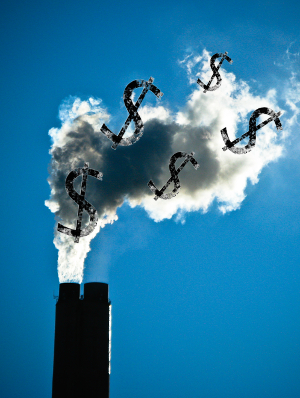Call to tighten green credits
 Experts warn that loose renewable energy certificates could undermine emissions reduction efforts.
Experts warn that loose renewable energy certificates could undermine emissions reduction efforts.
Many companies purchase renewable energy certificates to report reduced emissions, but this may not lead to actual emission reductions or an increase in generating renewable energy, according to a new study.
Companies face increasing pressure to reduce their emissions and to align with the temperature goals set out in the Paris Agreement.
Renewable energy certificates are tradable certificates validating one megawatt-hour of electricity (or heat, steam or cooling) generated from renewable energy sources and added to the energy grid.
Current emission accounting standards allow companies to report zero emissions for the part of their purchased energy that they match with renewable energy certificates. However, whether corporate purchases of these certificates lead to actual reductions is in doubt.
Using disclosure data from 115 international companies between 2015 and 2019 (including information on reported emissions and how they were calculated) researchers have revealed that while companies reported a 31 per cent reduction in emissions from purchased energy, two-thirds of this claimed reduction was linked to certificates that were unlikely to have resulted in actual mitigation.
The real reduction in emissions, the experts suggest, was actually closer to 10 per cent - a figure that does not align with the 1.5°C goal and only barely lines up with the well below 2°C target set out in the Paris Agreement.
The experts suggest that corporate emission accounting standards should limit the use of renewable energy certificates and only approve ones that have been proven to lead to actual emission reductions.
The full study is accessible here.







 Print
Print